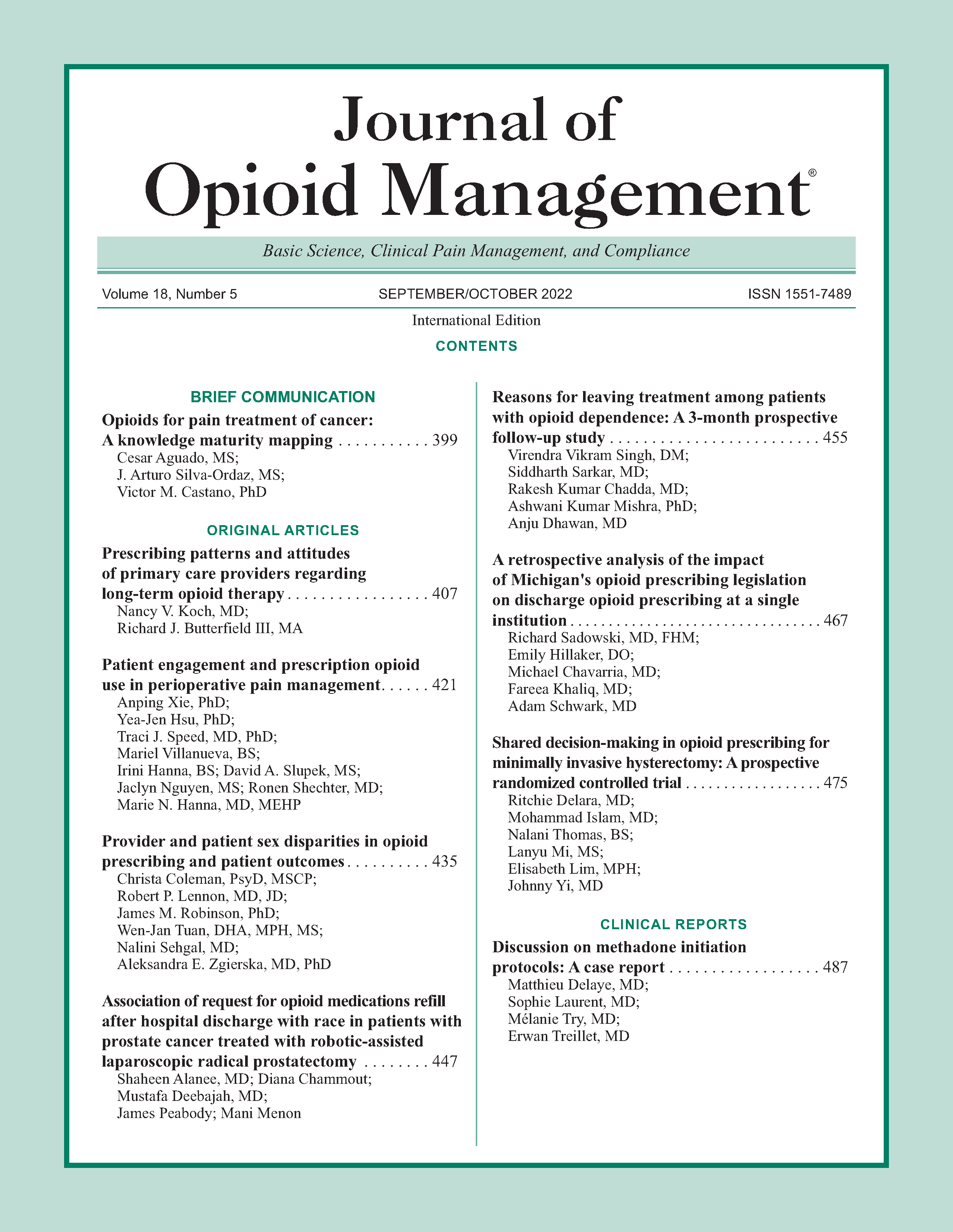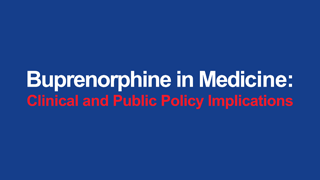Opioids for pain treatment of cancer: A knowledge maturity mapping
DOI:
https://doi.org/10.5055/jom.2022.0734Keywords:
opioids, cancer, pain, bibliometricsAbstract
The conceptual structure of opioids, based on the bibliometric analysis of 4,935 articles of the Web of Science using the following indices: Science Citation Index Expanded (SCI-EXPANDED), Social Sciences Citation Index (SSCI), Conference Proceedings Citation Index—Science (CPCI-S), Conference Proceedings Citation Index- Social Science and Humanities (CPCI-SSH), Book Citation Index—Science (BKCI-S), Book Citation Index—Social Sciences and Humanities (BKCI-SSH) and Emerging Sources Citation Index (ESCI), was constructed. We analyzed the available articles with the words “Opioids” and “Cancer.” We show the evolution and the state of the art in countries where these treatments are implemented. The results were processed identifying the most cited articles to extract the main connections and frequencies of keywords, authors, journals, countries, institutions, and their tendencies and their connection and degree of collaboration. The temporal tendencies, the word cloud, the keyword network, the evolution of words, author's production, and the scientific production by country are analyzed in terms of the increasing frequency in which opioids are employed to treat both cancerous and non-cancerous pain.
References
Park SS: Cancer pain management-opioids. J Kor Med Assoc. 2010; 53: 250-257.
Kalso E, Edwards JE, Moore RA, et al.: Opioids in chronic non-cancer pain: Systematic review of efficacy and safety. Pain. 2004; 112: 372-380.
Manchikanti L, Helm II S, Fellows B, et al.: Opioid epidemic in the United States. Pain Phys. 2012; 15: ES9-ES38.
Cherny N, Ripamonti C, Pereira J, et al.: Strategies to manage the adverse effects of oral morphine: An evidence-based report. J Clin Oncol. 2001; 19: 2542-2554.
Portenoy RK: Opioid therapy for chronic nonmalignant pain: A review of the critical issues. J Pain Sympt Manag. 1996; 11: 203-217.
Zenz M, Strumpf M, Tryba M: Long-term oral opioid therapy in patients with chronic nonmalignant pain. J Pain Sympt Manag. 1992; 7: 69-77.
Katz N: The impact of pain management on quality of life. J Pain Sympt Manag. 1992; 24: S38-S47.
Fajardo D, Durán L, Moreno L, et al.: Liposomes vs. metallic nanostructures: differences in the process of knowledge translation in cancer. Int J Nanomed. 2014; 9: 2627.
Fajardo D, Ortega J, Castaño VM: Hegemonic structure of basic, clinical and patented knowledge on Ebola research: A US Army reductionist initiative. J Transl Med. 2015; 13: 124.
Aguado C, Castaño VM: Translational knowledge map of COVID-19. Cornell University. arXiv:2003.10434 [cs.DL], 2020. Available at https://arxiv.org/abs/2003.10434.
Published
How to Cite
Issue
Section
License
Copyright 2005-2025, Weston Medical Publishing, LLC and Journal of Opioid Management. All Rights Reserved.











